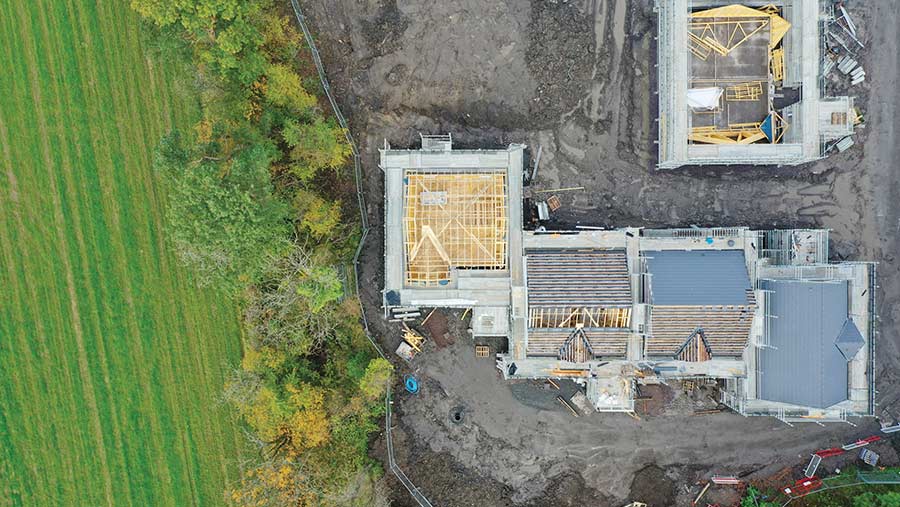BNG delayed until January 2024 with more guidance awaited
 © iStockphoto.com/Richard
Johnson
© iStockphoto.com/Richard
Johnson The start date for developers to deliver at least 10% improved biodiversity associated with their sites has been pushed back to January next year.
Biodiversity net gain (BNG) obligations were due to become mandatory for planning permissions granted from November.
However, announcing the delay last week, the government also said that long-awaited guidance and further legislation in the form of statutory instruments for the scheme will now only be published by the end of November.
This includes:
- The statutory biodiversity metric, currently metric 4.0, on which the correct biodiversity gain is calculated. Advisers expect there may be minor adjustments to this
- A draft biodiversity gain plan template to help developers prepare for what they will need to complete during the planning application stages
- A habitat management and monitoring plan template, setting out how improved on-site and off-site habitats will be managed in the long term
- Further BNG guidance for landowners, developers and local planning authorities concerning their roles and responsibilities in delivering mandatory BNG
The minimum 10% BNG from January 2024 applies to new housing, industrial or commercial development.
Small sites were originally given a little longer to comply, with a requirement for them to implement BNG by April 2024 and this remains their start date.
See also: Defra BNG credit prices give open market a steer on values
Implementation for nationally significant infrastructure projects is planned for 2025.
Landowner advisers are unsurprised by the delay, given the amount of guidance that was still needed with just two months to go until implementation. Planners and developers have welcomed the delay.
Funding for planners
The government has committed more than £15m to help local planning authorities prepare, but with the planning system under heavy pressure, many authorities have not yet recruited and trained the staff they will need to administer BNG.
The Royal Town Planning Institute (RTPI) welcomed the delay, having said in early September that planners were struggling to prepare.
An ongoing survey of its members found 61% of public sector planners could not confirm they would have dedicated BNG resource and ecological expertise in-house in place by November.
More skills, staff, guidance, advice and support was needed, said the RTPI, which found public and private sector planners had extremely low levels of confidence in the practical requirements of BNG.
This includes core aspects of the scheme such as “identifying BNG receptor sites”, “interpreting the robustness of ecological reports and BNG proposals”, “using the biodiversity metric” and “negotiating with landowners over site provision”.
The RTPI has stressed the need for proper resource for BNG implementation, including access to ecological expertise. Its research also found that 25% of local authority planners have left over the past seven years.
Tax clarity needed
Many landowners and occupiers are unable to make decisions on such long-term land commitments because the government has yet to announce the tax regime for both the income and capital tax aspects of biodiversity net gain (BNG) and other environmental land uses.
A consultation on this was launched on 15 March in the Budget and closed on 9 June 2023.
As well as the need for additional guidance and regulation on BNG implementation, it is thought that addressing the tax aspects may also have played a part in the recently announced delay of BNG implementation until January 2024.
